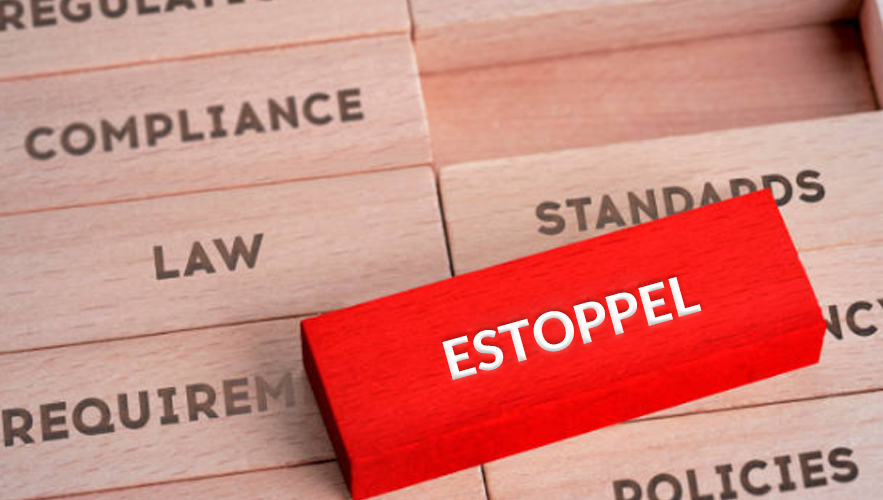What is a Tenant Estoppel and Why is it Important?

A Tenant Estoppel is most commonly used in commercial real estate to verify lease terms. It’s a legal document that owners and banks rely on to confirm the facts of the lease such as square footage, monthly rent, security deposit, lease start and end date, option periods and if there are any existing defaults or landlord tenant disputes.
Why is it Important?
Since it is recognized as a legally binding document, it prevents unexpected surprises and provides assurance to the owner should the tenant default on the agreed terms.
The tenant estoppel will ask the tenant to confirm the rent and any reimbursements being paid, and to verify that there are no past due or prepaid amounts that may not be listed in the lease agreement. It also verifies the security deposit being held by the Landlord, so there are no disputes in the future if the tenant vacates.
Additionally, the tenant estoppel will include a statement that the landlord has met all of their obligations and is not in default.
For example: An investor purchases a property and is inundated with tenants insisting that they will not be paying a few months of rent because the previous landlord owed them money for tenant improvements. Well, then all you need to do is refer to the defaulting tenant’s signed Estoppel and if what they are claiming was inconsistent with what is stated, then they had no claim or right to avoid paying rent.
Now you see how important it is?
For similar reasons, a tenant estoppel is also required when selling commercial real estate. The prospective buyer will want to know that the facts they relied upon about existing leases are accurate. This gives the tenants an opportunity to address any side agreements, disputes or unresolved issues with the existing owner. Again, the tenant estoppel is considered a legal document, and it therefore prevents tenants from presenting the new Landlord with a contradictory set of facts.
The tenant estoppel is a tool that all investors should use as part of their due diligence process. It’s a powerful way to cut to the chase and confirm the true facts about a lease agreement—before you sign on the dotted line.
Daniel Salonis is a Partner at Progress Realty Partners and oversees all aspects of operations, including investment strategy, asset management and tenant relations. Prior to PRP, Dan worked with Marcus & Millichap as an investment sales specialist before being named VP of Investments with a NJ-based private equity firm, where he helped manage 2 million SF of commercial retail properties.
